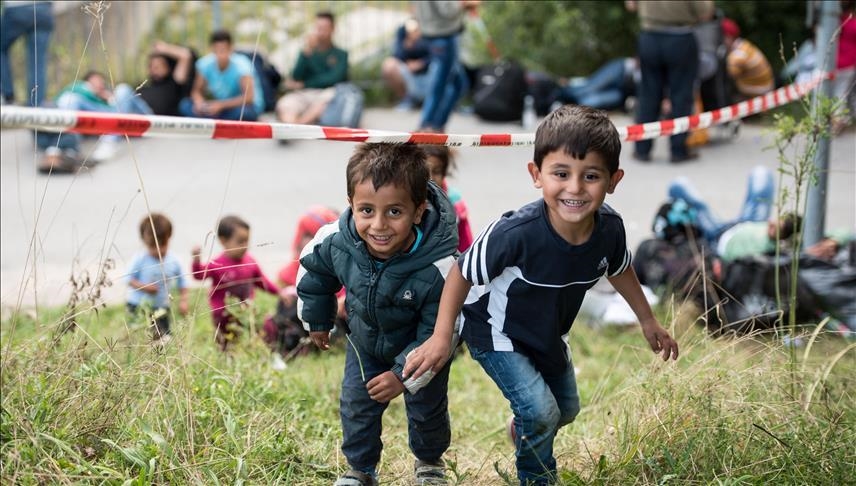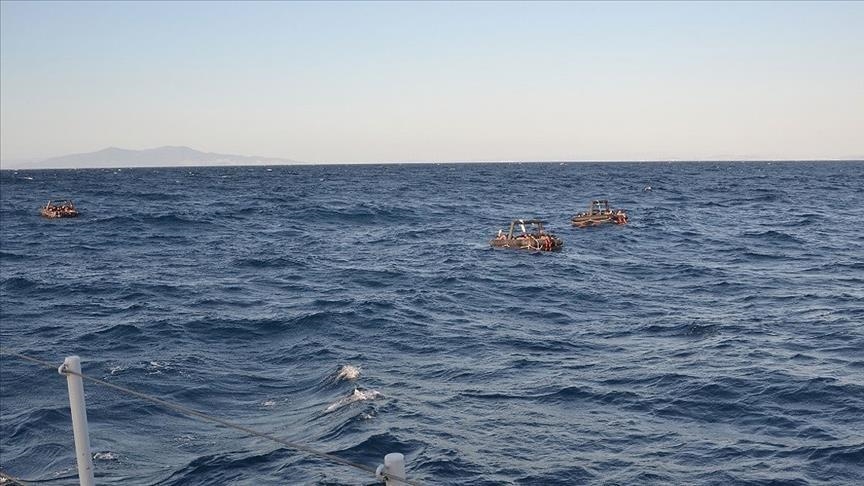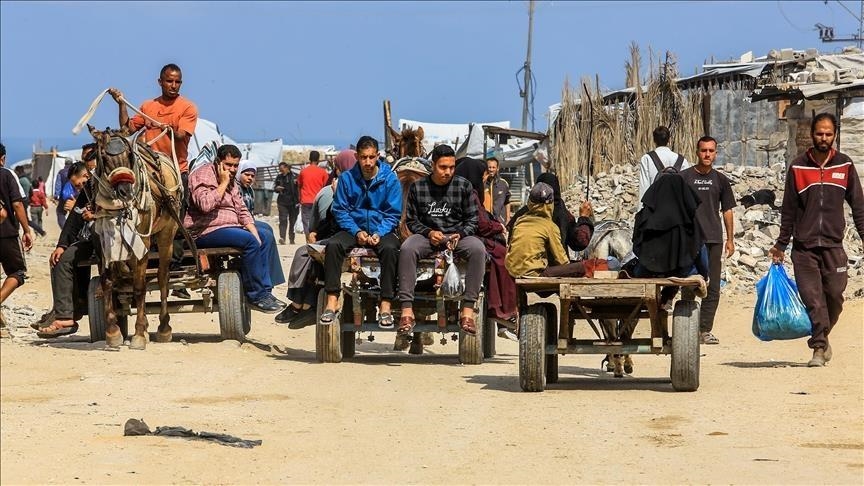A recent study has linked 1,500 of the 2,300 estimated deaths during the latest European heat wave to climate change, as wildfires and violent storms continue to ravage parts of the continent amid record-breaking temperatures.
A 10-day heat wave that ended on July 2 pushed temperatures above 40C (104F) across parts of Western Europe. According to scientists from Imperial College London and the London School of Hygiene and Tropical Medicine, climate change intensified the heat by as much as 4C (39F) in 12 major cities, including Barcelona, Madrid, Milan, and London.
Of the estimated 2,300 deaths recorded during the heat wave, researchers say around 1,500 can be linked directly to climate change.
June 2025 was the planet's third-hottest on record, according to the EU's Copernicus Climate Change Service. Western Europe experienced its hottest June ever, with much of the region facing "very strong heat stress," defined as a perceived temperature of 38C (100F) or more.
Meanwhile, wildfires fueled by extreme heat and strong winds have scorched thousands of hectares in Spain and France. In northeastern Spain, a massive fire near Tarragona has burned 3,200 hectares (7,907 acres) of forest since Monday, according to Catalan authorities.
Around 18,000 residents remain under lockdown as firefighters continue technical operations to contain the blaze.
In France, a large wildfire near Marseille, exacerbated by a long heat wave and strong mistral winds, has weakened but is still not under control, the local prefecture said Wednesday. Fire crews in the Gard region are also battling a blaze that has destroyed 500 hectares of vegetation near Montdardier since Tuesday, with access difficulties complicating operations.
In Greece, five regions have been placed under a state of alarm (Category 5), the highest risk level for fires, on Wednesday, according to the daily To Vima. Areas under extreme threat include Attica, Central Greece, Peloponnese, Thessaly.
Additionally, a very high (Category 4) and high (Category 3) wildfire risk is expected across most other mainland regions and several islands, including Crete, Euboea, the Ionian Islands, and parts of Northern Greece.
In Bulgaria, firefighting teams have successfully contained a massive wildfire near Veliko Tarnovo, which scorched around 85 hectares, half of it forest land. Bulgarian authorities announced on Wednesday that no active major fires remain in the country. The fire erupted Tuesday evening in the Garga Bair area, a difficult terrain that complicated suppression efforts.
Meanwhile, in Poland, severe storms triggered by Storm Gabrielle have battered the southern part of the country, prompting over 1,000 emergency calls in one day. Firefighters responded mainly to fallen trees and flooded homes, with over 300 buildings damaged. Authorities have issued top-level weather alerts and mobilized reserve units.
A storm in Croatia's Split sank a tourist boat after a ferry lost control in strong winds, but no injuries were reported. Serbia and Kosovo issued red alerts for severe storms and extreme heat.







